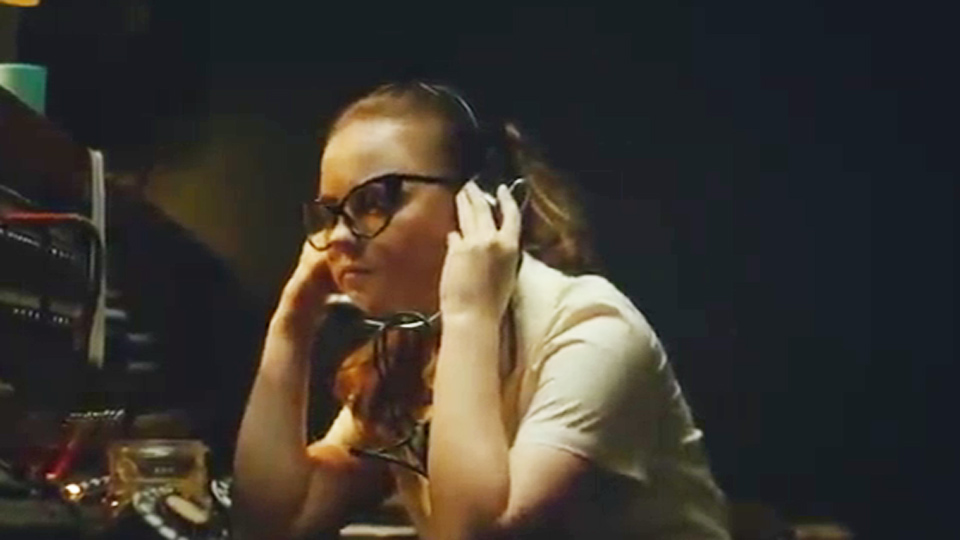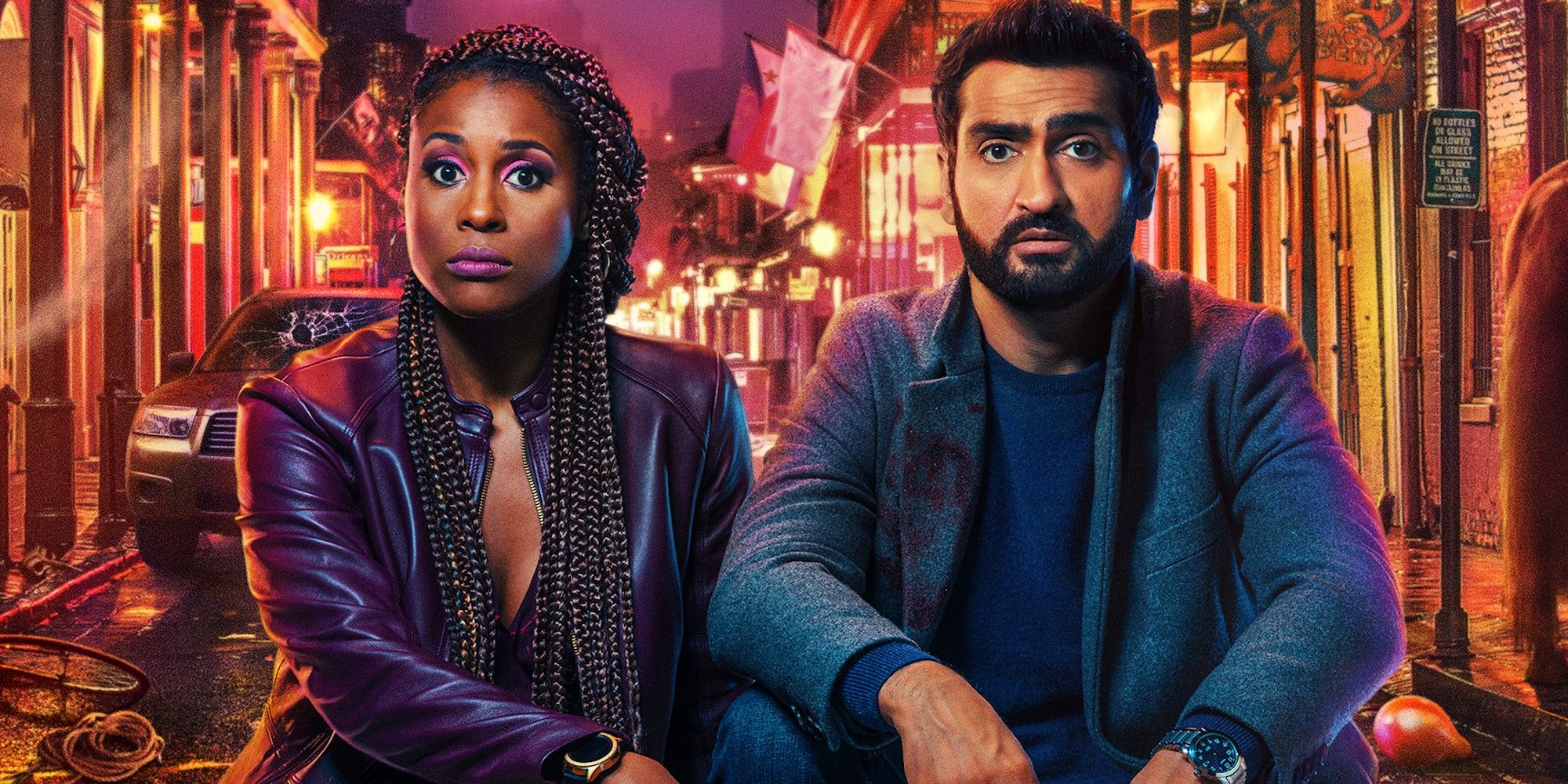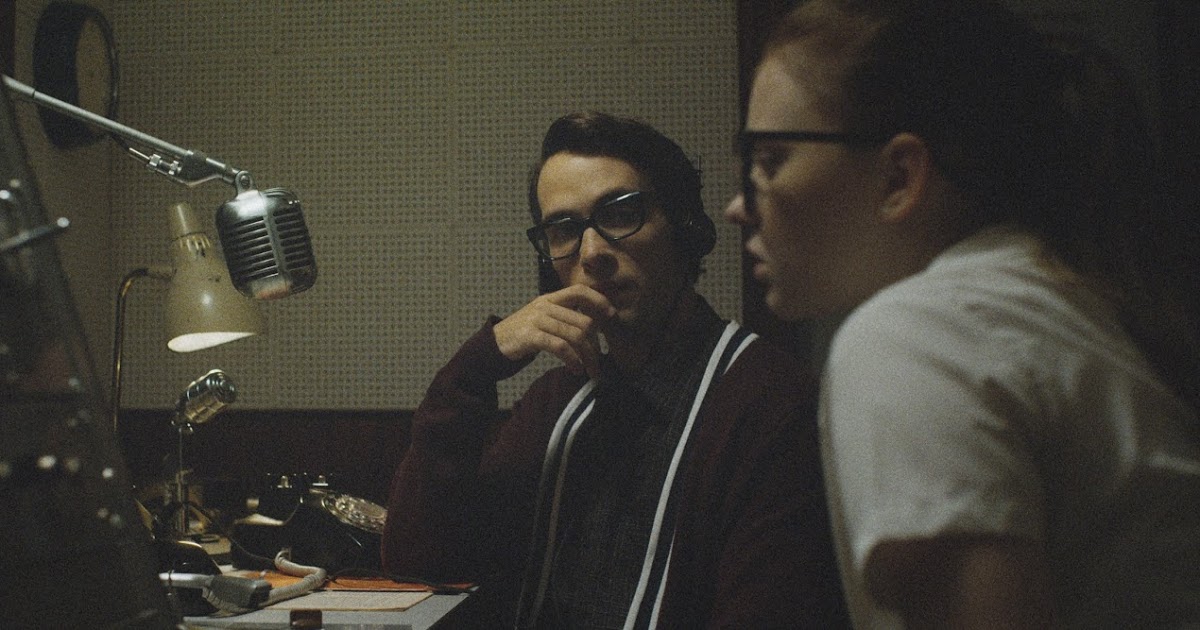Infamous
by George Wolf
Arielle (Bella Thorne) is bumming. She’s got a crap waitressing job in a boring Florida town, and she’s way over living with her mom and her mom’s creepy boyfriend. And too many people pronounce her name like the Disney princess! But that’s not the nearly the worst of it.
Her Instagram numbers are pathetic.
Enter a hunky new bad boy in town named Dean (Jake Manley), a gun, and a string of brazen robberies along the route to a new life in Hollywood, and those followers start piling up.
The news reports begin branding the couple as a modern day Bonnie and Clyde, but it’s clear early on that what writer/director Joshua Caldwell has in mind is a Natural Born Killers for the social media set.
While the film’s timing – dropping right when we are seeing social media push overdue social change – isn’t great, its goal is an ambitious one. The internet age still seems ripe for the type of darkly comic and satirical fish eye that Oliver Stone used to frame mass media in 1994. And no matter how well you think that film has aged, you can’t deny the boldness of the vision.
There’s nothing remotely fresh about Infamous, let alone bold. The last straw catalyst for leaving town, the sex while driving, the media obsession and the misplaced adulation of the masses all line up and fall as easily as the next robbery.
About an hour in, Arielle and Dean take a hostage (Glee’s Amber Riley with a nice, understated turn) and it seems Caldwell is finally trying to make his own statement. But it stalls from exposition and generality, leading nowhere close to the intersection where Stone planted his flag, one where the film’s true commentary transcends the style and narrative.
And there is style here. Caldwell gives much of the action an urgent pace and a livestream feel, with texts and comments often darting the frame to remind you where Arielle’s heart is.
But she, and Dean, are more cliche than character, and what they tell us about social media isn’t much deeper. The interchangeable, angst-heavy soundtrack choices only confirm that Infamous isn’t reaching beyond these two outlaw lovers, and the youngest of adult audiences may actually identify with them for all the wrong reasons.













